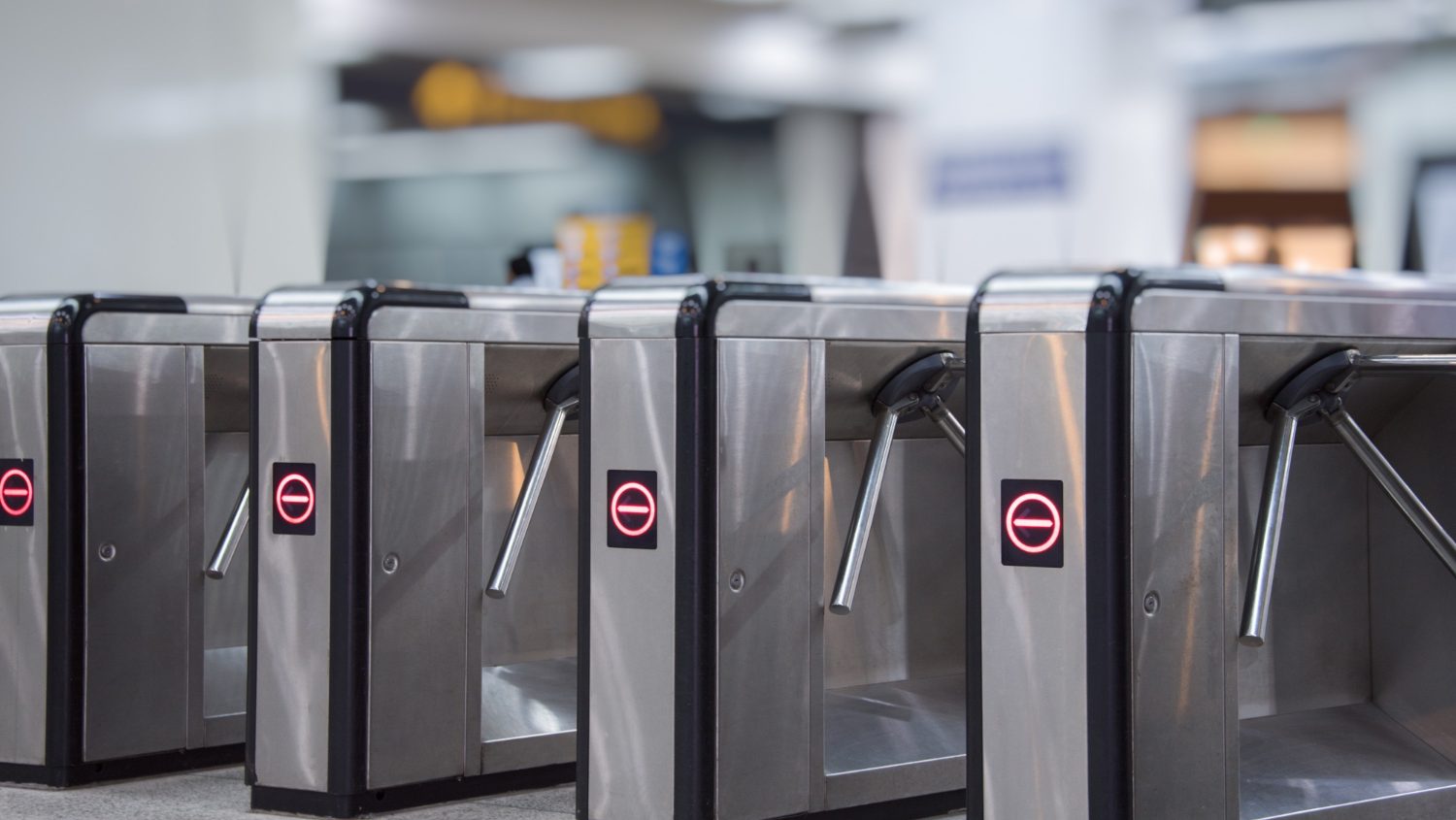MALAYSIA: Immigration clearance will be smoother and faster for commuters crossing the Johor-Singapore border with 26 additional electronic gates (e-gates) installed at the Customs, Immigration and Quarantine (CIQ) Complex of the Sultan Iskandar Building (BSI) in Johor Baru. Scheduled to commence operations by Feb 19, the new gates are meant to reduce long queues and enhance efficiency at one of the busiest land border crossings in the world.
Johor Public Works, Transport, Infrastructure and Communications Committee chairman Mohamad Fazli Mohamad Salleh confirmed that the new e-gates have already been installed and are currently being tested. With this upgrade, the total number of e-gates at the inbound arrival hall will increase to 39, while the outbound departure hall will have 29 units.
Enhancing travel experience for commuters
The Johor-Singapore border sees heavy daily traffic, particularly from Malaysian and Singaporean commuters. Previously, there were 22 e-gates at the arrival hall and 20 at the departure hall, which often led to long queues and extended waiting times. The additional 17 e-gates at the arrival hall and nine at the departure hall will ease congestion, allowing for a smoother and faster immigration process.
Mohamad Fazli expressed optimism that the increased capacity will provide a more seamless travel experience. “The additional e-gates have already arrived at the BSI CIQ. A total of 26 new e-gate units have been installed and are now being tested before they can be operational in two weeks’ time,” he told MalayMail.
Leveraging technology for border security and automation
The expansion of e-gates reflects the growing adoption of automation in immigration and border security processes. The Malaysian government has been working towards streamlining immigration clearance through advanced technological solutions, such as biometric authentication and automated passport checks.
On Jan 20, 2023, the government announced that the e-gate system at both CIQ BSI and CIQ Kompleks Sultan Abu Bakar (KSAB) in Iskandar Puteri would also be made available to foreigners, particularly Singaporeans, for social visits. This initiative is part of short-term solutions to alleviate congestion at these critical border checkpoints.
Furthermore, on October 13, 2023, Mohamad Fazli highlighted that the implementation of e-gates specifically for pedestrians has proven effective in speeding up border crossings without long queues. The integration of such technology not only improves efficiency but also enhances security measures by reducing manual processing and ensuring accurate identity verification.
The future of border security
The installation of additional e-gates at the BSI CIQ complex marks a significant step towards modernising border security and improving travel efficiency. By leveraging automation, the Malaysian government aims to reduce congestion, enhance security, and provide a seamless travel experience for the thousands of daily commuters between Johor and Singapore.
Beyond just convenience, the increased use of e-gates highlights a broader shift towards digitalisation in border control, aligning with global trends in smart immigration systems. With further advancements, such as the integration of AI-driven security checks and facial recognition technology, the future of cross-border travel promises to be even more streamlined and secure.

